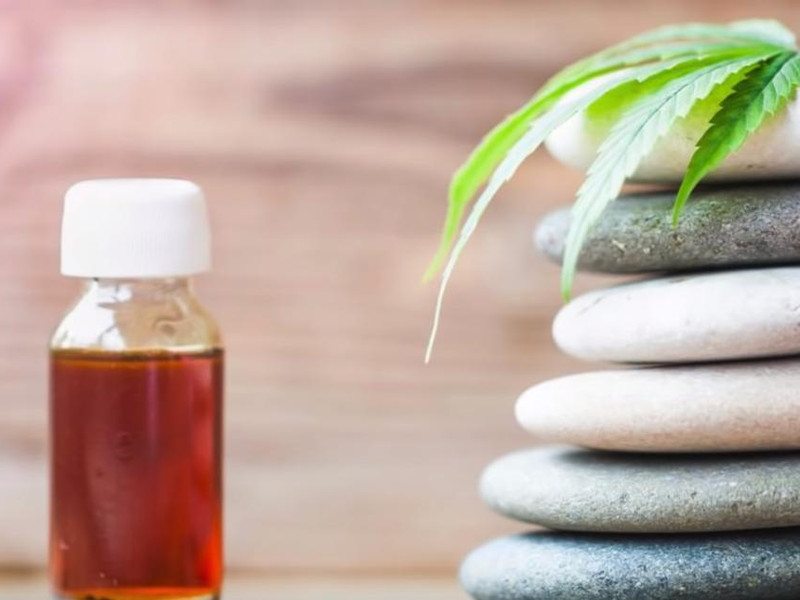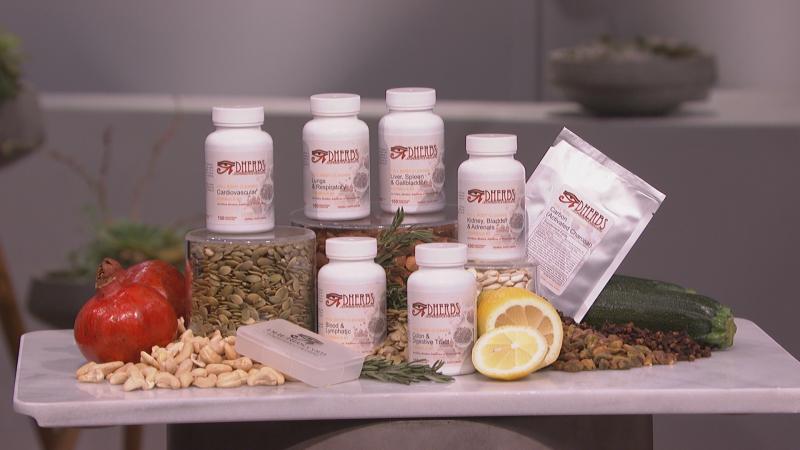 Constipation is like stool spaced, irregular and hard. The stool emission can be hard or painful. Constipation finds various causes, psychic, food, drug. Note that chemotherapy treatments can induce transit disorders such as constipation. The CBD Suppositories really offer great respite in this matter.
Constipation is like stool spaced, irregular and hard. The stool emission can be hard or painful. Constipation finds various causes, psychic, food, drug. Note that chemotherapy treatments can induce transit disorders such as constipation. The CBD Suppositories really offer great respite in this matter.
The 3 dietary advice to fight against constipation
- Think about drinking
Water especially, between 1.5 L and 2L. Spread this fluid intake throughout the day. But also think of waters rich in magnesium such as Hepar (magnesium stimulates the muscles of the digestive system), prune juice. Drink very fresh water in the morning on an empty stomach to stimulate the digestive system, or even an orange juice or fresh prune juice. Beware of tea that can have a constipating effect.
- Eat foods rich in fiber
Oat bran, whole grains, oilseeds, legumes, fruits and vegetables. Remember to replace white bread with cereal bread, bran bread, whole wheat. Prunes are also much recommended for constipation, just like figs.
- Choose lipids in raw form
They will be more digestible. Similarly, regularly consume olive oil because it has laxative virtues. Lipids stimulate the secretions of the gallbladder and are therefore interesting for disorders of the digestive system. Avoid fried foods, bread crumbs and cooked fats.
These tips will be more effective if they are accompanied by regular physical activity, even moderate. Abdominal massage is also recommended to promote better intestinal transit.
A faecal bowl from the intestine fills the rectum. This leads to the urge to defecate. It should be noted that this filling is favored by the arrival of food in the stomach. This is a gastro-colic reflex, which is especially evident at breakfast.
The second time is voluntary. It is the contraction of the abdominal muscles favoring the expulsion of the materials present in the rectum. If this second time is voluntarily and frequently delayed, it gradually leads to a decrease in the gastro-colic reflex. This is why it is important to respect the schedules of exemption.
The third stage consists of the semi-voluntary relapse of the sphincters.
The position of raised knee defecation can also facilitate the facilitation of the exemption.
Some medicines may help if hygiene measures fail
Mucilages: are part of the therapeutic arsenal of constipation. They act by providing a supplement of insoluble fiber to the diet. According to Edouard Loizeau (Medical Therapeutics Flammarion), “the mucilages only act gradually in 2 to 4 weeks, but do not reach their maximum effectiveness after 3 to 6 months”. “Mucilages will be prescribed several years to re-educate the intestine “. Here is a very interesting concept.
Osmotic laxatives: Again substances belonging to the therapeutic arsenal and which this time help to moisten the saddle, by calling water into the faecal bowl.
Emollient laxatives: These lubricate and soften the faecal bowl, promoting the gliding effect.
Stimulant laxatives have no place in chronic constipation. They stimulate the intestinal mucosa, resulting in hyper-motricity and hypersecretion of the colonic mucosa. Hyper motor skills can lead to painful intestinal spasms that paradoxically reduce the laxative effect. Hypersecretion can lower potassium in the blood. However, hypokalemia causes laziness of the intestine. Finally, the chronic use of this type of laxative can damage, sometimes irreparably, the intestinal mucosa, leading to an aggravation of the disease. This is why we must reserve stimulant laxatives for specific indications and after medical advice.








